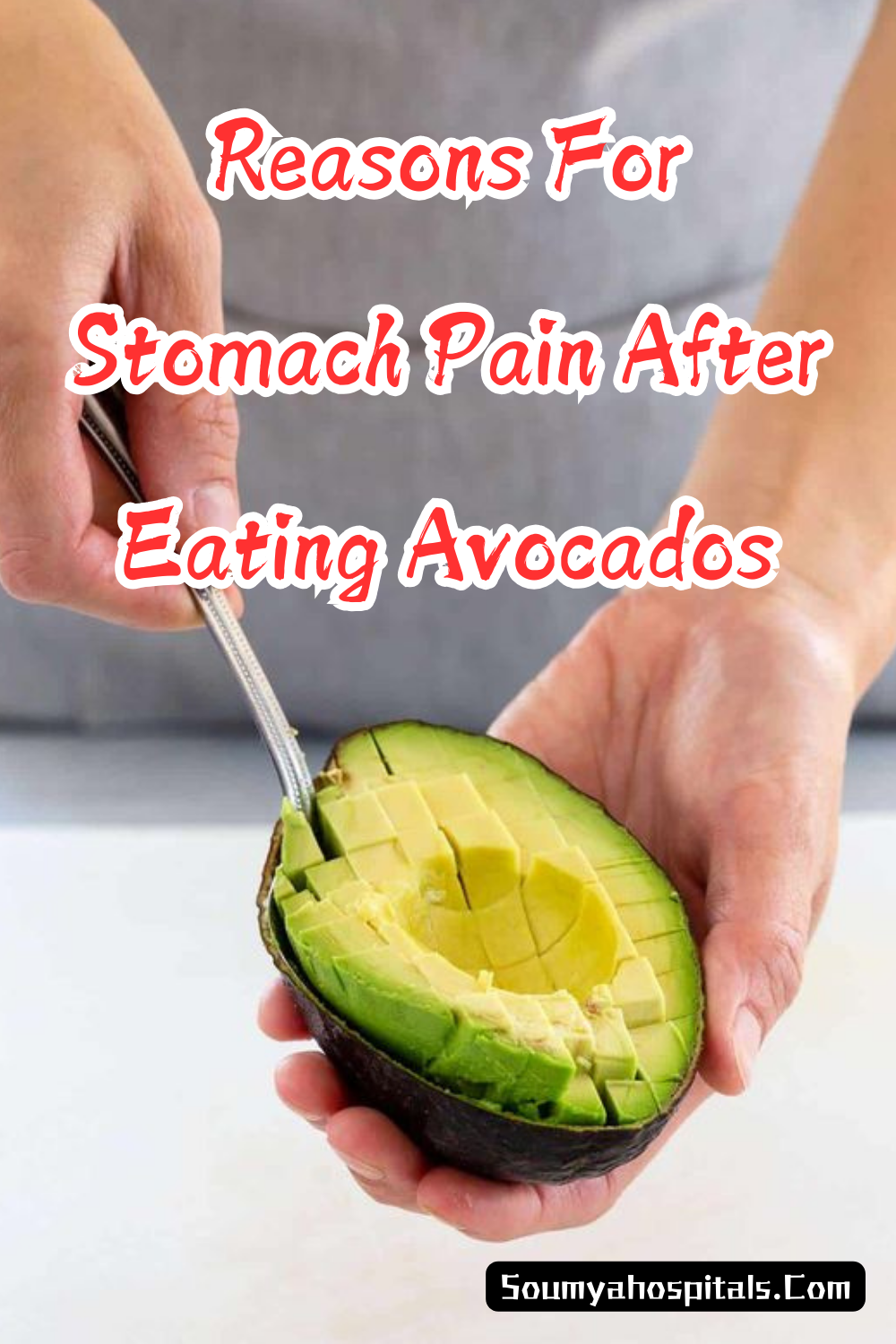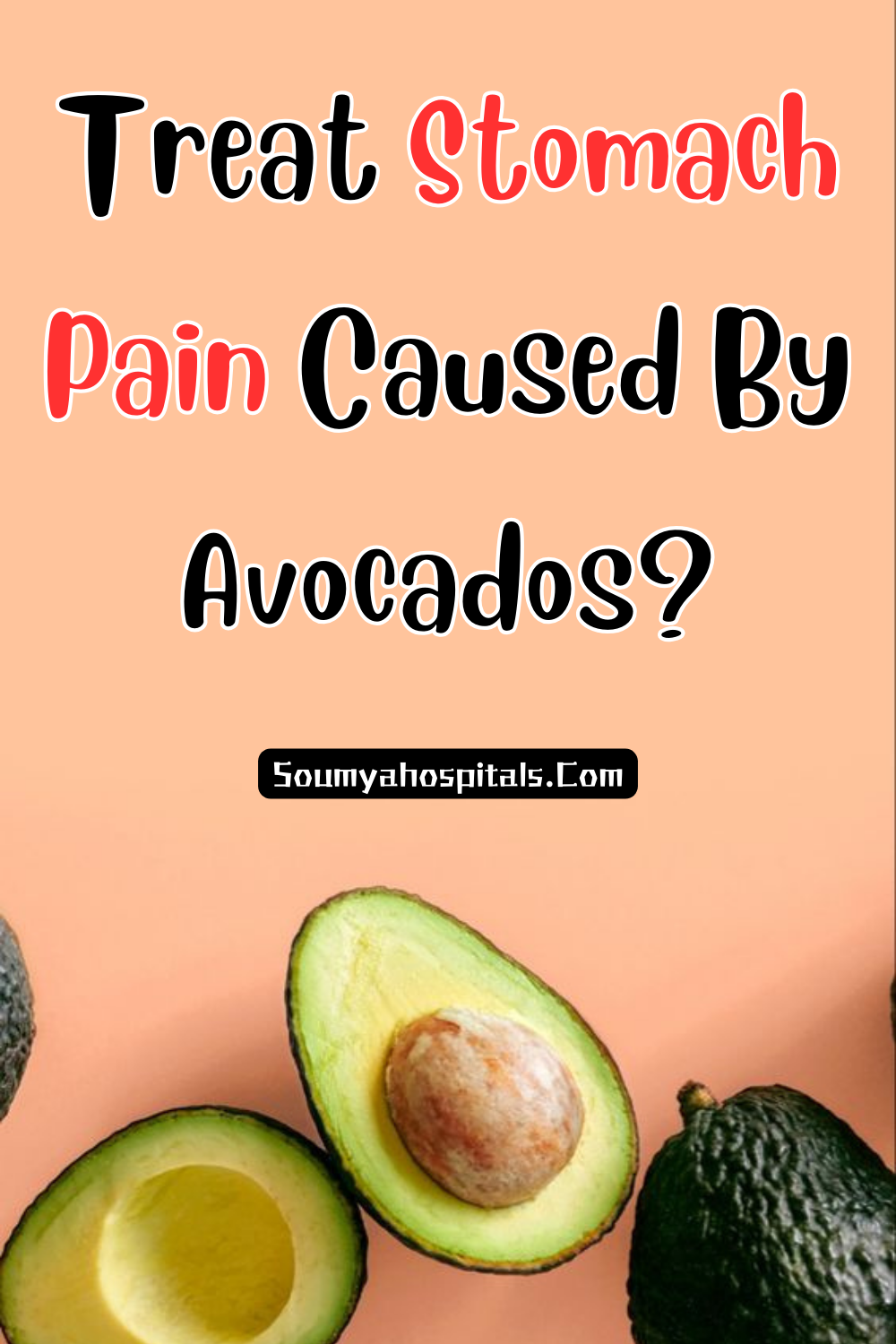Given the health benefits of avocado, many of us include avocado in our daily diet. Avocado, or alligator pear or butter fruit, is a stone fruit with creamy flesh. It meets the definition of a functional food as outlined by the American Dietetic Association (ADA) in that it provides health benefits beyond basic nutrition – the benefits of avocados are many, from aiding in fat burning to fighting cancer.
Also check: Eating Avocado During Pregnancy
Unfortunately, this fruit does not suit all. Some experience intense stomach ache, bloating, gassiness, flatulence, and stomach ache after consuming the fruit in any form. The simplest reason could be that you are overindulging. But there could be other reasons relating to your health too. Here are 4 possible reasons avocado causes stomach pain in some.
1. You May Have Latex-Fruit Syndrome
Your stomach pain after eating avocados could also have to do with your allergies. If you are allergic to latex, there’s a 40% chance you would be allergic to avocados.
If you have avocado allergy, avoid not just the fruit and foods using it but also cosmetics like lotions or shampoos containing avocado extracts. Use chayote squash instead of avocado in avocado dishes.

This cross-reactive allergy, called latex-fruit syndrome, happens when your body cannot distinguish between a latex allergen and an avocado protein that has a similar structure. The immune response usually directed toward the latex allergen is then directed toward the avocado protein. This is what causes vomiting and stomach ache.
2. You May Be Sensitive To Avocado Chemicals
The other possible reason could be certain natural chemicals present in the fruit. Many people can be sensitive to certain chemicals that occur naturally in food items.
Salicylates, glutamates, tyramine, and histamine in avocado are potential culprits. Salicylates are what make you sensitive to aspirin, and tyramines in aged cheese or other fermented food can give you a migraine attack.
Avocado is rich in glutamates and amines like tyramine and histamine whose levels increase with the ripening and softening of the fruit. While some people tolerate these compounds easily, some are sensitive to them. They could experience abdominal pain accompanied by other gastrointestinal symptoms like stomach upset, gassiness, or flatulence. Avocados also contain salicylates, which cause gas, bloating, stomach pain, and even diarrhea.
3. You May Have Fruit Sugar Malabsorption
Fruits are a healthy food option for many but not all. Some people may not digest or absorb fruit sugar or fructose well, especially the FODMAPs (fermented oligosaccharides, disachharides, monosachharides, and polyols) category of fruits, which means that they contain fruit sugars or fruit sugar alcohols that cannot be easily broken down. Avocados are a FODMAPs fruit.
[expert_opinion expertname=’devinburke’ opinion=”The concept of bio-individuality is that each person has unique food and lifestyle needs. One person’s food is another person’s poison, so we must learn to listen to the signals our bodies give us and respond accordingly. So in essence, not all food – even foods that are considered to be ‘healthy’ are healthy for everyone.”]
If you suffer from fructose malabsorption, your digestive system cannot process fruit sugars well. So if you eat sweet fruits, it leads to bloating or stomach ache. Now, while avocados are quite low on sugar, they contain polyols or fruit sugar alcohols. These are not as harmful as fructose is for people with this condition but having a bit too much avocado might prove harmful.
4. You May Have Fiber Intolerance
A healthy woman needs 25 g fiber, an essential nutrient, while a healthy man needs 38 g. But some people have a much lower threshold for fiber tolerance, and they may run the risk of gastrointestinal (GI) obstruction, diarrhea, gas, and bloating.
Reduce the amount of avocado you have in a day. Or on days you have the fruit, cut down on other fiber sources. Now, slowly notch up your fiber intake till you find your optimum intake.
If you are one of them, avocado’s high fiber content – 6 to 7 g fiber per 100 g of the fruit – can be a problem. The fiber can cause bloating and flatulence, especially if you have had other fiber-rich foods already.
How To Treat Stomach Pain Caused By Avocados?

- Drink plenty of water. As simple a solution as it may sound, water will dilute the effect of the allergen and help you flush it out of your system.
- You may also try warm ginger tea with honey to soothe your irritated stomach.
- Eat light food and give your upset stomach some rest.
- If you are still feeling too unwell and experience severe stomach pain and vomiting, get medical advice right away before things worsen.
Read More Posts:
